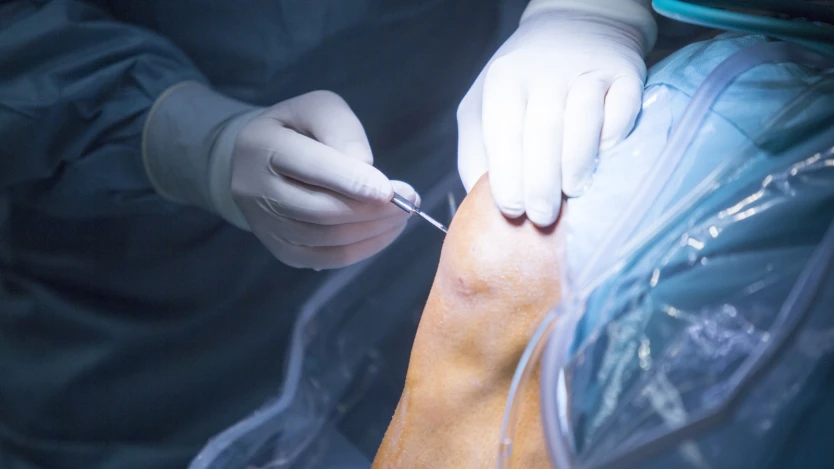Knee Arthroscopy For Meniscus Repair
Home / Knee Arthroscopy For Meniscus Repair

Knee Arthroscopy for Meniscus Repair – Dr. Shekhar Srivastav, Delhi
Knee Arthroscopy for Meniscus Repair is a minimally invasive surgical procedure used to treat a torn meniscus, a crucial cartilage in the knee that provides cushioning and stability. Meniscus tears are common in athletes and active individuals, often resulting from sports injuries, sudden twists, or age-related wear and tear.
Dr. Shekhar Srivastav, a leading orthopedic and arthroscopic surgeon in Delhi, specializes in knee arthroscopy for meniscus repair. Using an arthroscope (a small camera) and precision instruments, he repairs the torn meniscus while preserving as much healthy cartilage as possible. This technique ensures faster healing, minimal incisions, and improved knee function.
Patients benefit from personalized treatment plans, advanced surgical care, and a structured rehabilitation program to restore knee strength and mobility. With Dr. Srivastav’s expertise, patients experience reduced pain, quicker recovery, and a return to an active lifestyle.
For expert meniscus repair and knee arthroscopy in Delhi, consult Dr. Shekhar Srivastav, a trusted name in orthopedic and sports injury treatment.


